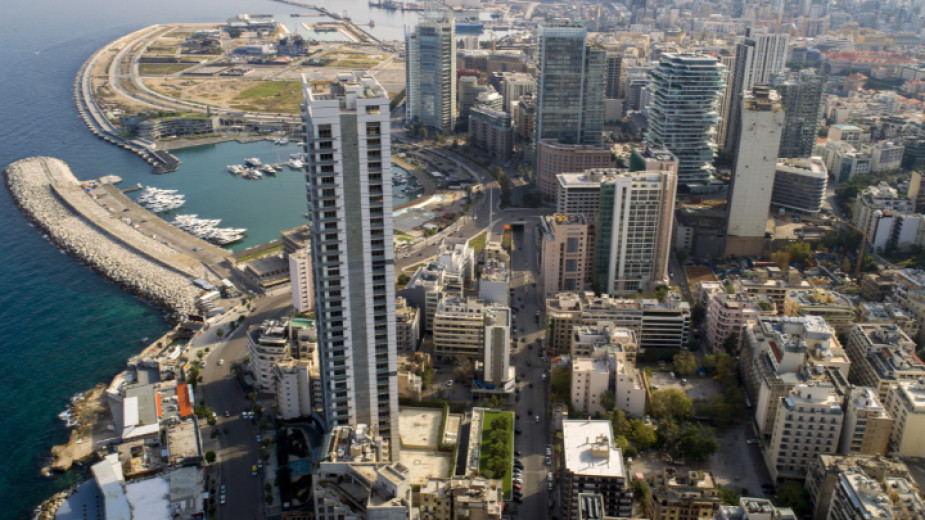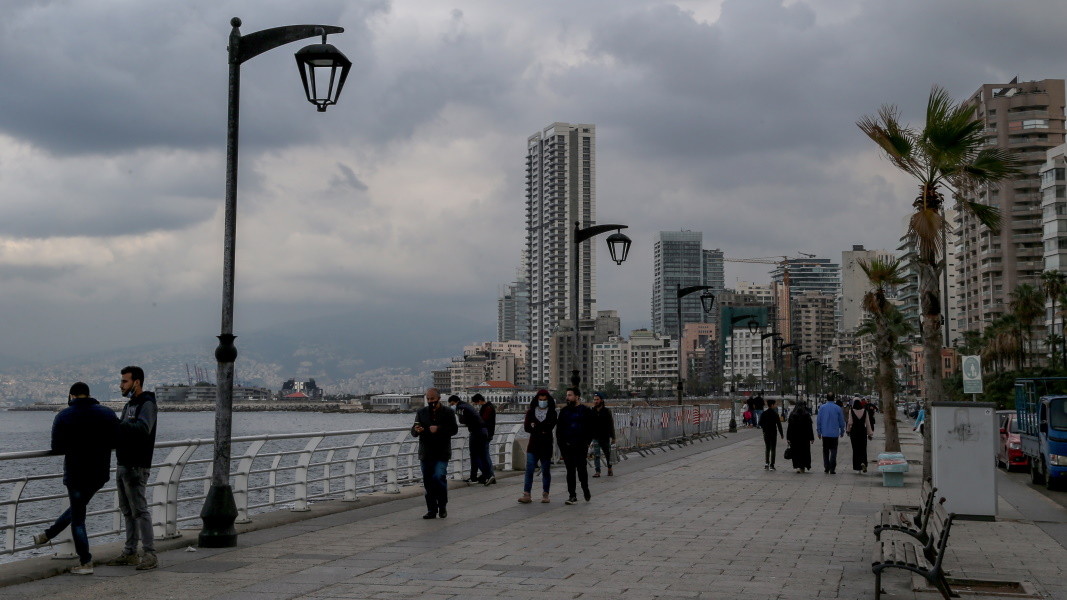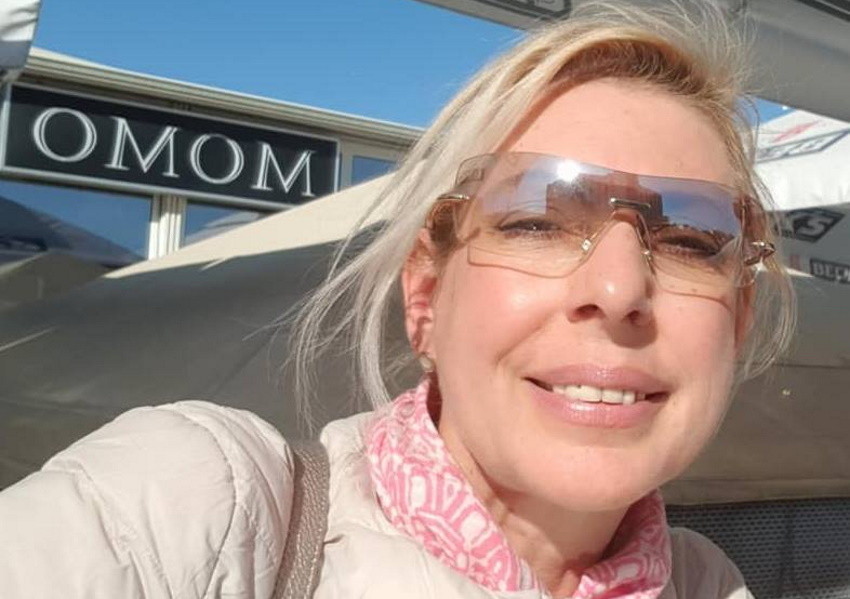 7
7
In the summer of this year the world seemed to forget about the pandemic for a little while and turned its attention to Lebanon. The country was shaken by a devastating explosion and volunteers from all over the world, including Bulgaria, joined the operations to rescue humans and animals.
Lebanon is just 1/10th of the territory of Bulgaria though it has approximately the same population as Bulgaria – almost 7 million. Though small in territory it is home to 2 million Syrian and around 500,000 Palestinian refugees. Between the years 1975 and 1990 it experienced a civil war, periodic Israeli attacks, acts of terror… After the war ended Lebanon seemed to take a breath of fresh air and took the road to recovery, many comparing it to a Phoenix rising from the ashes. In the most difficult of times, the people of Lebanon have always been able to keep their spirit alive.

“Lebanon will always be in my heart,” says Teodora Khoury from Bulgaria, who is married to a man from Lebanon. She has lived in Bulgaria since 2014 but her heart reaches out to Lebanon:
“The Lebanese are incredible,” Teodora says. “Their hearts and their minds are so open, they are very friendly and hospitable. When they invite you to their homes the tables are laden with food, they always help each other out and have such close-knit families. I have learnt so much from them and I pass it on to my three daughters to this day. I am grateful to them, I am grateful to fate for bringing me together with my husband. His entire family made me feel so welcome.”

At the height of summer, on 4 August this year, a huge explosion wracked the port of Beirut leaving devastation in its wake. Whole neighbourhoods were destroyed, almost 180 people were killed, 6,500 were wounded, and 300,000 – left homeless.
“What happened was monstrous,” Teodora says. “Buildings more than 100 years old, architectural monuments - razed to the ground. The people who created the city’s atmosphere – gone. No human being can ever deserve such a fate.”

One of the city quarters hit hardest is Gemmayzeh in the northern part of Beirut, where the family of one of Teodora’s daughters keep shops.
“What they said to me was that they were thankful to be alive,” Teodora says. “Human life has no price. Everything else is here today, gone tomorrow. There was destruction throughout the neighbourhood – groups of young volunteers helped clear away the debris. “These young people gave us back hope, my daughter said to me, they gave us back the courage that not everything is lost.”

Accustomed to getting by without the state’s help, the Lebanese quickly got organized and started helping one another. “They have done that before, during the civil war, and they know how to react in times of crisis,” Teodora says. “That is what makes them different from us, even though we do share features like hospitality and integrity. It is what they experienced during the war that taught the Lebanese one of the most important lessons in life – to cherish life and enjoy it.
Photos: EPA/BGNES and private library
20 nominees from 11 countries – that is the number of contenders for the “Bulgarian Woman of the Year 2024”, named in honour of Saint Zlata of Meglen . The award has been presented every year since 2009 by the Executive Agency for Bulgarians Abroad..
An initiative committee led by the historian Georgi Markov, has proposed that a monument to Khan Asparuh, the founder of the Bulgarian state, be erected on the site of the former Soviet Army Monument in Sofia, in order to serve as a unifying symbol for..
The Bulgarian dance group “Dilmana” based in Copenhagen will celebrate 15 years since its establishment with a celebration on October 18, the formation informed on its Facebook page. Dance group Dilmanа from Copenhagen to perform at the folklore..
Robert Joseph Miller, Bulgaria’s Honorary Consul in Nevada, was awarded the prestigious “Golden Laurel Branch” of the Ministry of Foreign Affairs for his..
The Bulgarian team is returning home with four medals from the Youth International Olympiad on Astronomy and Astrophysics (IOAA) , held in the Romanian..
The Association of Bulgarian Schools in America invites children from the Bulgarian community in North America to participate in a..

+359 2 9336 661
